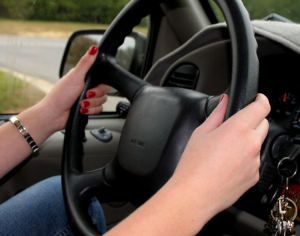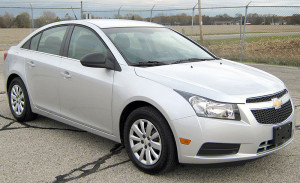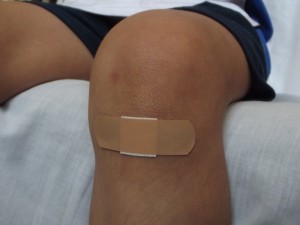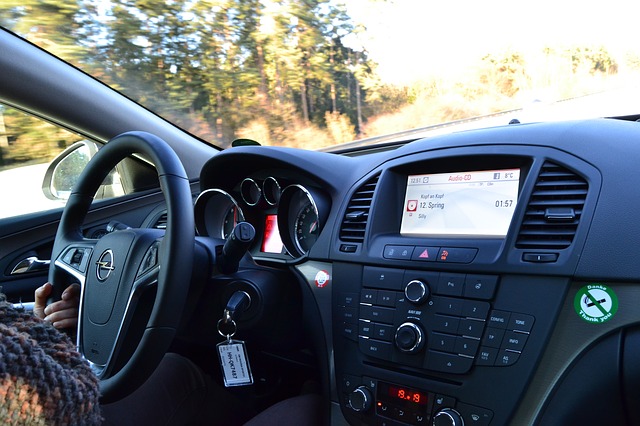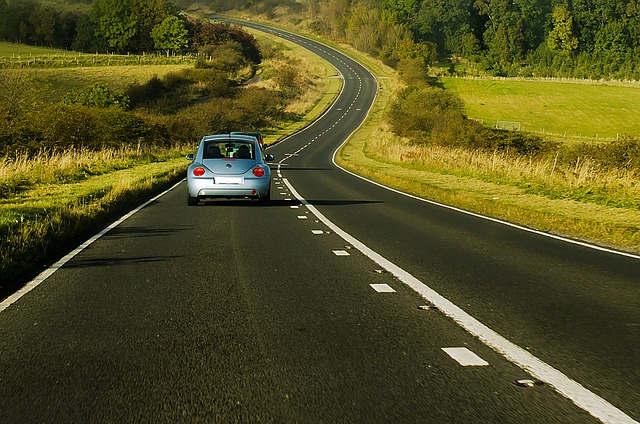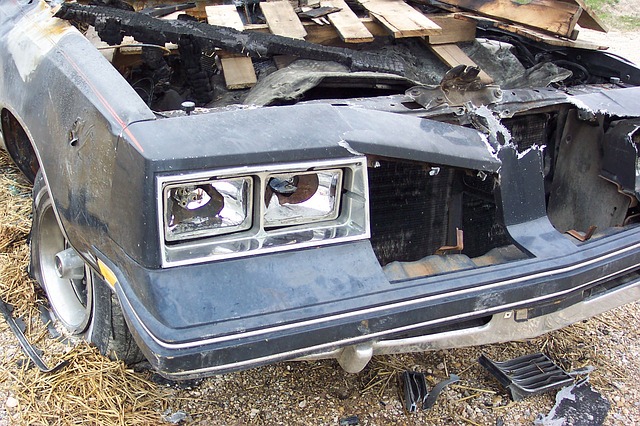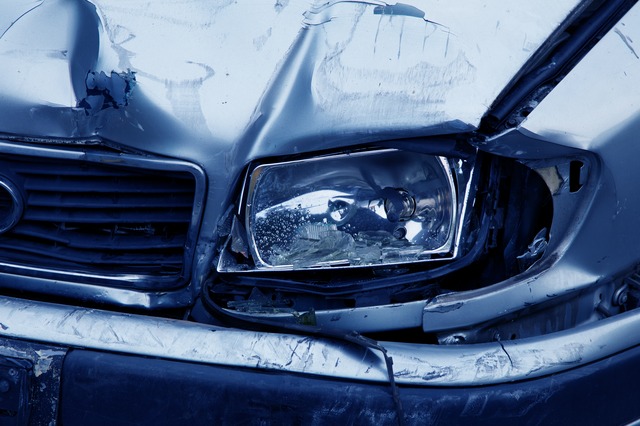According to Auto Club Group, teen drivers are most at risk for fatal collisions during the summer, especially the 100 days following Memorial Day. During this part of the year, the group reports, fatalities caused by motor vehicle crashes rise by about a third for teen drivers, when compared with other times of the year. During the summer, about 261 teen drivers lose their lives in car accidents, although steps can be taken now to prevent your teen from being involved in a car crash in Homestead or your community.
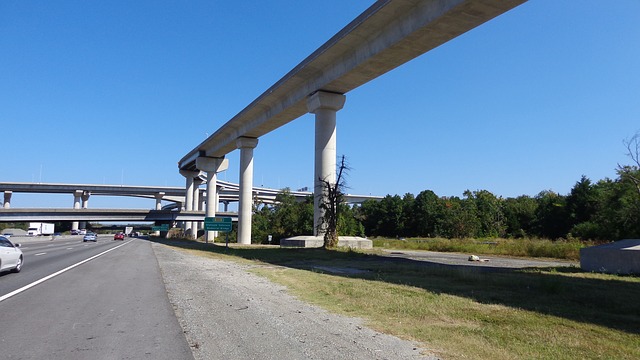
One part of the problem, of course, is that teen drivers are learning to drive during the summer and spending more time on the road without classes to take up their time. According to safety experts, though, there are a few things families can do to prevent teen drivers from being injured in traffic accidents in Homestead or their communities this year:
1) Encourage your teen to drive within their skill level. Teen drivers may be very confident in their driving, but that does not necessarily mean that they are ready for night driving, road trips, and other more demanding driving activities. While your teen is still learning and new to driving, encourage your teen to drive during the day and to avoid longer trips in unknown areas.
2) Give teens plenty of time to practice driving in a controlled environment. New drivers may not have much experience on the road, and lack of experience can be deadly. If possible, get your teen additional driving classes or driving instruction. If that is not feasible, at least have your teen practice driving with you or with another adult. Keep practice to quiet residential areas at first, where new drivers can hone their skills without much risk of a broadside collision or other crash.
3) Explain the dangers of distracted driving. Studies have shown that many teen drivers feel that they can text and drive without risk, but TextingThumbBands.com and other groups have found that the risk of a collision can increase up to 23 times when texting. If you have a teen driver at home, it is important to review the dangers of texting and driving.
4) Give your teen good options to avoid drinking and driving. Make sure your teen knows that they can always call you for a ride home, no questions asked. Drunk driving in Homestead and other Florida cities claims far too many lives and a frank discussion now could encourage your child to make a safe decision after drinking.
5) Limit the number of passengers in your teen’s car. According to the Auto Club Group, accident rates for teen drivers increase with every passenger a teen allows in their car. With two or more passengers, teen drivers between the ages of 16 and 19 have a five-fold increase in accident risk when compared with drivers who drive without passengers.
6) Make sure your teen has a safe car to drive. Teens often have older, used cars due to budget constraints and while these can be safe it is important that teens don’t scrimp on maintenance or safety in order to save money.
Continue reading →
 Florida Car Accident Lawyer Blog
Florida Car Accident Lawyer Blog


